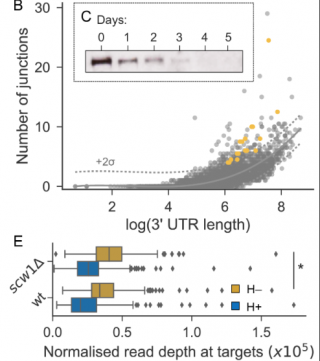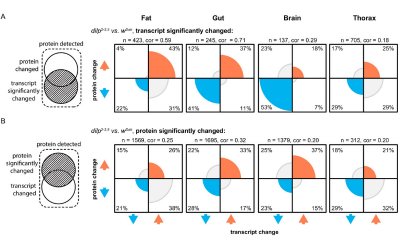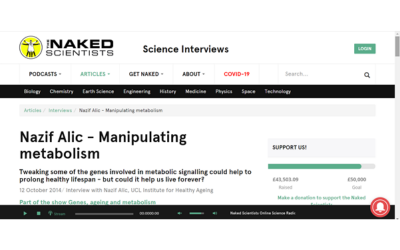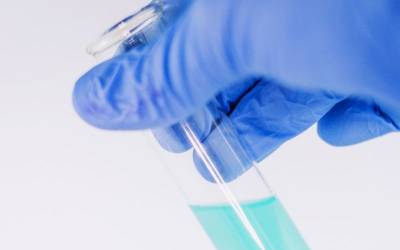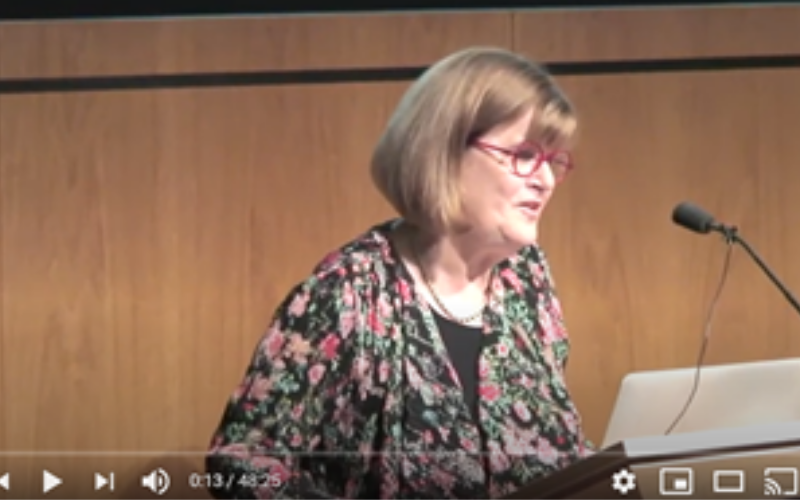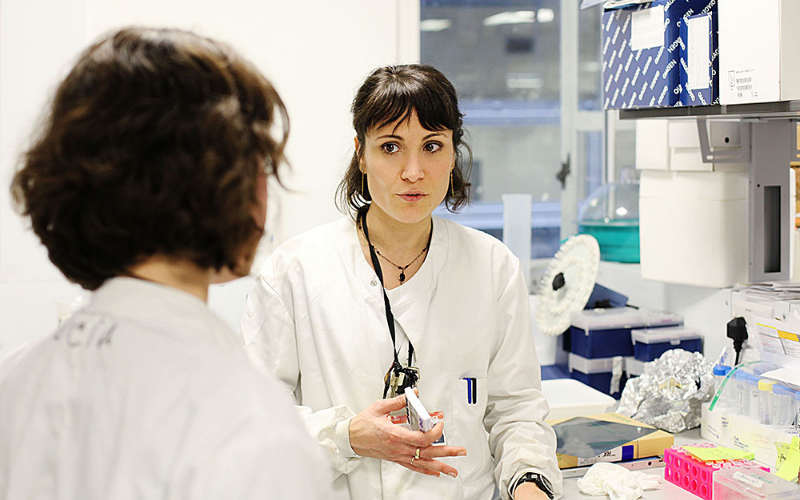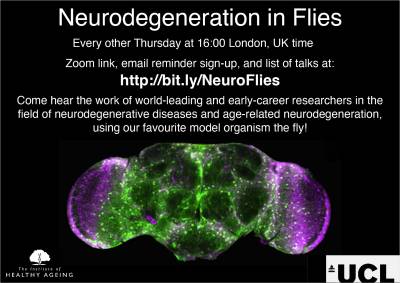Gene Regulation and Ageing
Gene expression bridges between an organism's genotype and its phenotype. Changes in gene expression underlie the plasticity of an organism's physiology and allow it to respond to different external and internal cues. Interestingly, reprogramming of gene expression can alter the rate of organismal ageing but the underlying mechanism are unclear.
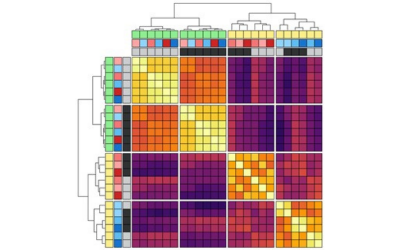
At the IHA, we study how gene expression impacts ageing, using organisms ranging from a single-cell eukaryote, the fission yeast, to animal models, such as worm and flies. We use a plethora of methods including genetic, genomic, biochemical and computational approaches.
Research on Gene Regulation and Ageing is funded by:
Research Labs
Recent Papers
Learn More
 Close
Close





